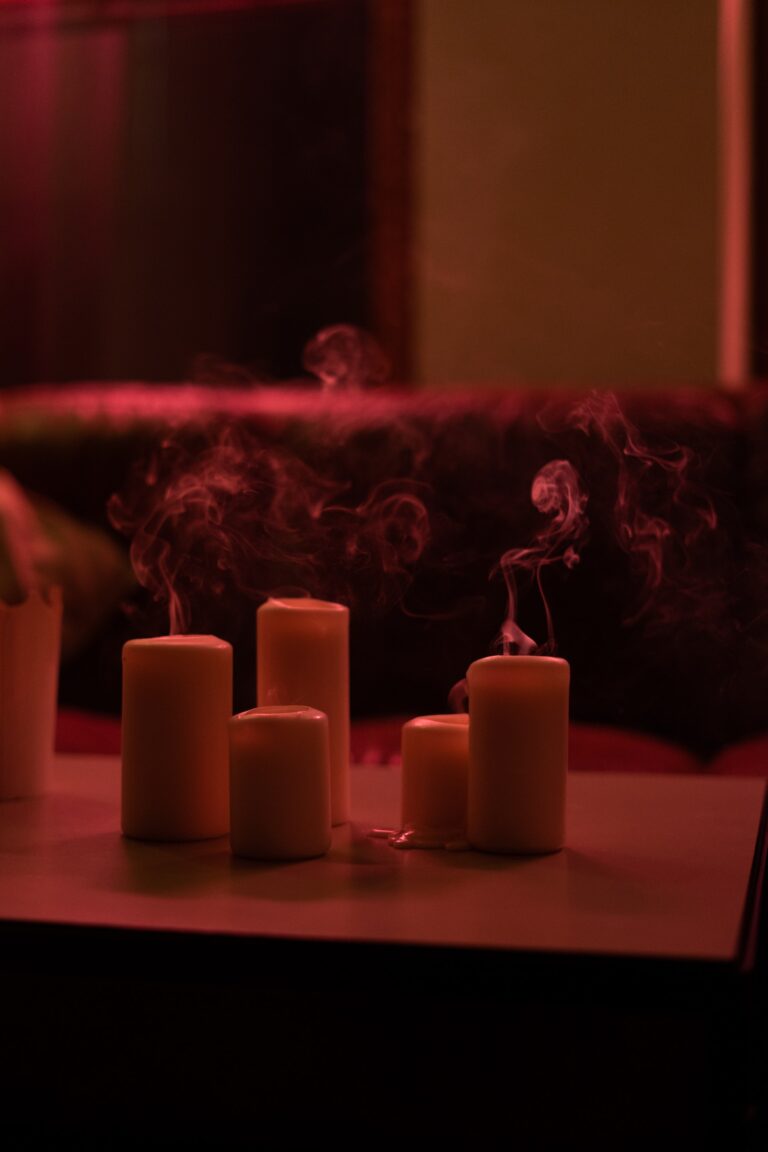Is Prostitution Legal in Bangkok?
Despite its widespread presence and cultural acceptance, prostitution is technically illegal in Bangkok and the rest of Thailand. However, the practice is tolerated by the authorities, and there is a thriving sex industry in the city. As a result, many visitors to Bangkok may be confused about the legality of prostitution, as it appears to be openly practiced in many areas of the city.
What are the Laws, Penalties, and Law Enforcement Practices Regarding Prostitution?
Thailand’s legal stance on prostitution is outlined in the Prostitution Prevention and Suppression Act of 1996. According to this law, both the act of buying and selling sexual services are illegal. The penalties for engaging in prostitution include:
- For the prostitute: a fine or imprisonment for up to 3 months.
- For the client: a fine or imprisonment for up to 1 year.
- For the pimp or brothel owner: a fine or imprisonment for up to 10 years.
However, law enforcement practices in Bangkok often do not reflect these laws. Police officers generally turn a blind eye to the prostitution industry, and raids on brothels and other establishments are infrequent. In some cases, corrupt officers may even accept bribes from brothel owners or sex workers in exchange for not enforcing the law.
How is Prostitution Known Locally in Bangkok?
Prostitution is often referred to as the oldest profession in Thailand and is deeply ingrained in the culture. In Bangkok, prostitution is commonly referred to as the entertainment industry or the service sector. The city is known for its go-go bars, massage parlors, and street prostitution in areas like Patpong, Nana Plaza, and Soi Cowboy. Sex tourism is also a significant part of the economy, with many visitors coming to Bangkok specifically for its thriving sex industry.
What is the History of Prostitution in Bangkok?
Prostitution has been a part of Thai culture for centuries, with records dating back to the Ayutthaya Kingdom in the 14th century. During World War II, the Thai government established comfort stations to provide sexual services to Japanese soldiers. In the 1960s and 1970s, the sex industry in Bangkok expanded rapidly due to the influx of American servicemen during the Vietnam War. Today, the sex industry in Bangkok is estimated to be worth billions of dollars, and it continues to be a significant part of the city’s culture and economy.
Where Can You Find Helpful Links, Government Laws, and Resources on Prostitution Legality?
For those interested in learning more about the legality of prostitution in Bangkok and Thailand, there are several resources available. Some helpful links and resources include:
- The Prostitution Prevention and Suppression Act of 1996 – The full text of the Thai law outlining the penalties and regulations surrounding prostitution.
- 2020 Trafficking in Persons Report: Thailand – A report by the U.S. Department of State detailing the issue of human trafficking and prostitution in Thailand.
- Human Rights Watch: Thailand – An overview of the human rights situation in Thailand, including information on the sex industry and law enforcement practices.
- United Nations Office on Drugs and Crime: Trafficking in Persons in Southeast Asia – A comprehensive report on human trafficking and prostitution in the region, including information on Thailand.
Understanding the complex legal landscape and cultural context of prostitution in Bangkok is essential for anyone visiting or living in the city. While the practice is technically illegal, it is widely tolerated and deeply ingrained in the city’s culture and economy.

This article was very informative. It helped me to learn about the legality of prostitution in Bangkok. Thank you!